
Students working collaboratively to solve a drug formulary problem at this unique summer program for high school students in Pittsburgh, Pennsylvania.
While summer pre-college programs and camps focusing on business, engineering, and the arts get a lot of attention from high school students and their parents and a lot of promotion from the colleges offering them, not everyone wants to go into business, engineering, or the arts. There are a lot of career options out there, and one that often gets overlooked in terms of pre-professional preparation is that of a pharmacist.
RxPLORE is a summer professional development pre-college program designed by current University of Pittsburgh PITTPharmacy PharmD students for high school students to explore pharmacy as a possible career option. The program has been modified to include both in-person and online options to make it accessible to more students than ever before. Pitt is frequently referred to as the top pharmacy school in Pennsylvania.
RxPLORE introduces students to the fascinating world of pharmacy and highlights the ways that Doctors of Pharmacy are uniquely qualified as vital members of the patient care team. If compounding medications and drug development excite you, then you really should consider this unique summer experience created especially for rising high school juniors and seniors. No previous pharmacy experience is necessary; however, the application requires students to submit an official transcript, one letter of recommendation, and a short questionnaire. Best of all the cost is quite reasonable. The cost of attendance for the in-person program is $450.00 and only $100.00 for the virtual camp. To learn more and apply visit https://www.rxplore.pharmacy.pitt.edu/.

Students learn about the pharmacists’ role as a counselor.
 Lots of students talk a good game when it comes to caring for the environment, but not nearly as many put their words into action. This summer, there’s a pre-college program that will help students do just that.
Lots of students talk a good game when it comes to caring for the environment, but not nearly as many put their words into action. This summer, there’s a pre-college program that will help students do just that.
 Yesterday afternoon, March 18, 2022, the University of Georgia released its final round of admissions decisions for first-year applicants to its Class of 2026. University of Georgia
Yesterday afternoon, March 18, 2022, the University of Georgia released its final round of admissions decisions for first-year applicants to its Class of 2026. University of Georgia  Becoming a lawyer isn’t an easy feat. People who pursue this career traditionally have to earn a bachelor’s degree followed by additional years in law school, examinations, and licensing processes. The payoffs, however, are excellent. Besides enabling you to uphold justice and defend those who are wrongfully accused, the
Becoming a lawyer isn’t an easy feat. People who pursue this career traditionally have to earn a bachelor’s degree followed by additional years in law school, examinations, and licensing processes. The payoffs, however, are excellent. Besides enabling you to uphold justice and defend those who are wrongfully accused, the 
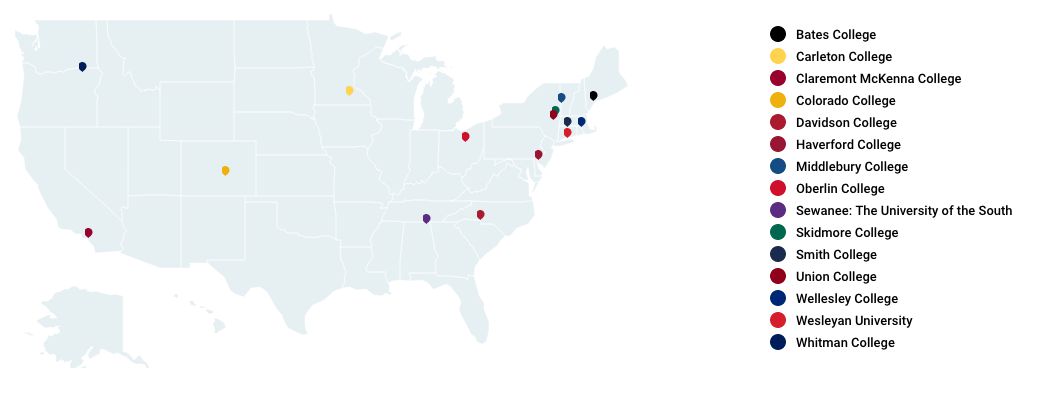 Fifteen American liberal arts colleges are getting together for another year of what they are calling
Fifteen American liberal arts colleges are getting together for another year of what they are calling 
 The hard part – the sweating over grades, exams, and essays and the agonizing wait for decisions – is over. The big moment has arrived – and it is a triumph! It is time to celebrate. Champagne corks are popped; yet, now the question is, what gift should be purchased for the college-bound student? Sadly, gift giving has increasingly become a lost art, so we’ve selected ten neat gifts organized by student personality that will make recently-accepted college students’ hearts swell with pride.
The hard part – the sweating over grades, exams, and essays and the agonizing wait for decisions – is over. The big moment has arrived – and it is a triumph! It is time to celebrate. Champagne corks are popped; yet, now the question is, what gift should be purchased for the college-bound student? Sadly, gift giving has increasingly become a lost art, so we’ve selected ten neat gifts organized by student personality that will make recently-accepted college students’ hearts swell with pride.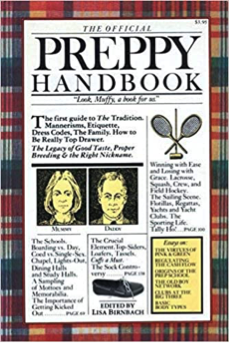



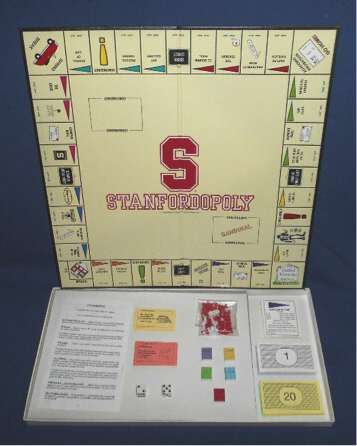



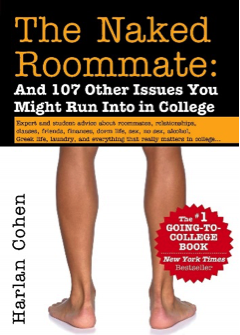
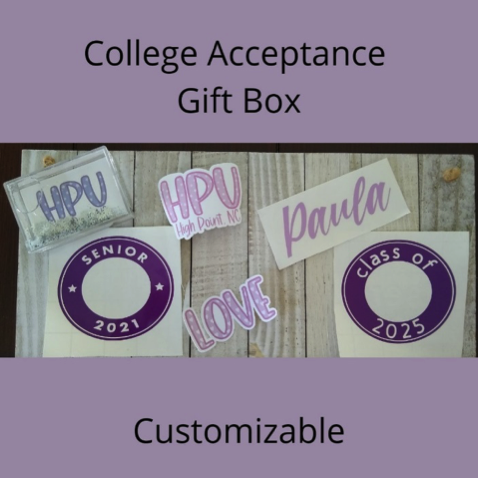
 University of Notre Dame saw the number of students who applied via its Restrictive Early Action (REA) plan skyrocket this fall. A record 9,683 students applied to Notre Dame Restrictive Early Action in 2021. In 2020 7,744 students applied to Notre Dame Restrictive Early Action. That represents an over 25% increase in just one year. Those applying to Notre Dame Restrictive Early Action have until May 1 to deposit and were able to apply to other colleges with Early Action programs but they were not allowed to apply concurrently via other colleges’ binding Early Decisions plans.
University of Notre Dame saw the number of students who applied via its Restrictive Early Action (REA) plan skyrocket this fall. A record 9,683 students applied to Notre Dame Restrictive Early Action in 2021. In 2020 7,744 students applied to Notre Dame Restrictive Early Action. That represents an over 25% increase in just one year. Those applying to Notre Dame Restrictive Early Action have until May 1 to deposit and were able to apply to other colleges with Early Action programs but they were not allowed to apply concurrently via other colleges’ binding Early Decisions plans.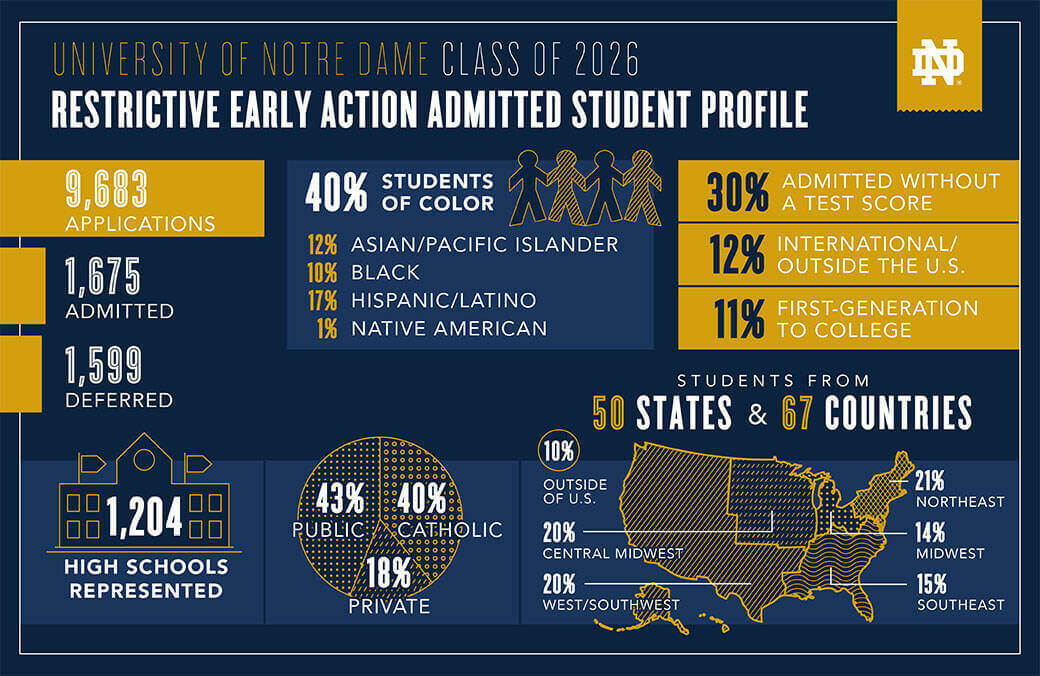
 What goes up must come down. Yale, which saw its largest ever Single-Choice Early Action applicant pool in 2020, experienced a noteworthy decline in Early Action apps this fall.
What goes up must come down. Yale, which saw its largest ever Single-Choice Early Action applicant pool in 2020, experienced a noteworthy decline in Early Action apps this fall.